- News
-
-
-
-
-
Latest News Articles
- WSB: Study tests accuracy of thermal drone surveys April 26, 2024
- Computer model explores Tribal use of fire for ecosystem health April 26, 2024
- 2024 TWS Elections: Southwest Representative April 25, 2024
-
-
-
- Wildlife Professional Resources
-
- Our Network
-
- PUBLICATIONS
-
-
Recent Posts
-
 The Wildlife Professional November/December Issue
November 1, 2023
The Wildlife Professional November/December Issue
November 1, 2023
-
-
-
-
-
-
- Wildlife Events
-
-
-
Upcoming Webinars
- No Events
-
-
-
- Who We Are
-
Category: TWS Wildlife News
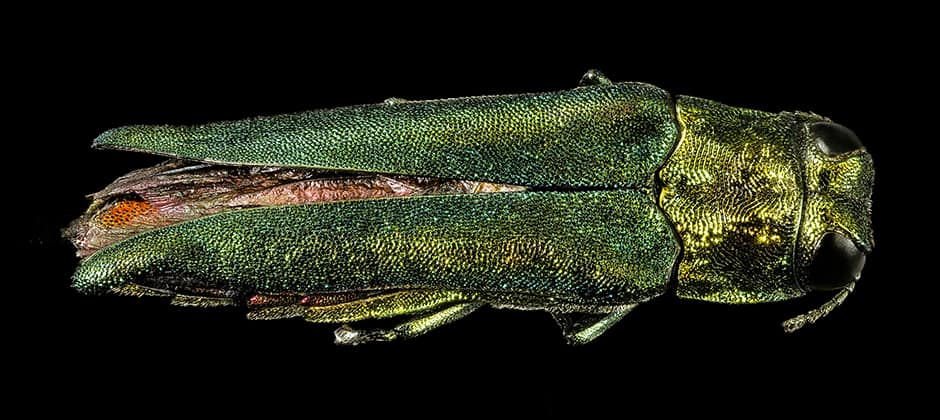
January 6, 2020
Are ash borers hopping trains to spread through forests?
An invasive insect that can destroy entire forests of ash trees in just a few years may be using a human mode of transportation to spread — catching trains. “We’re...

January 6, 2020
First session of 116th Congress wraps up
When Congress adjourned at the end of December, it closed out the first session of the 116th Congress, which saw progress on a number of conservation priorities. However, few bills...
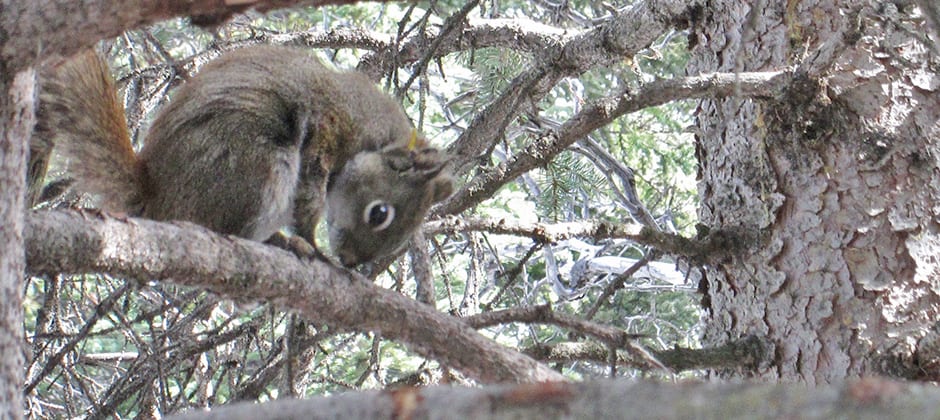
January 3, 2020
A red squirrel dilemma: should they stay or should they go?
TWS member April Martinig can relate to red squirrels. Finding an apartment in Edmonton, Alberta is about as tough as it is for a squirrel in Yukon to find a...
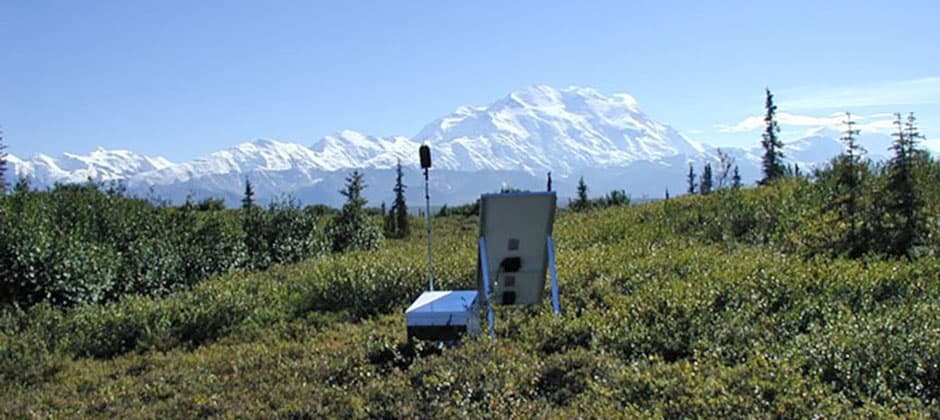
January 3, 2020
Birds sound off when aircraft fly by
When researchers studied the effects of aircraft flying over national parks, they expected the noise would cover up any bird song, and maybe cause birds to startle and hush up....
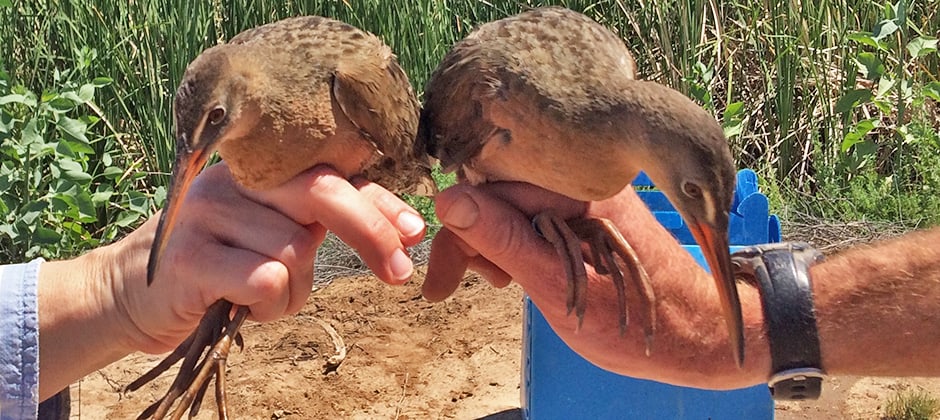
January 2, 2020
Military bases can help protect marsh birds
A handful of military bases around the United States could play an outsized role in marsh bird conservation. “Our models provide some tangible predictions for which sites are the most...
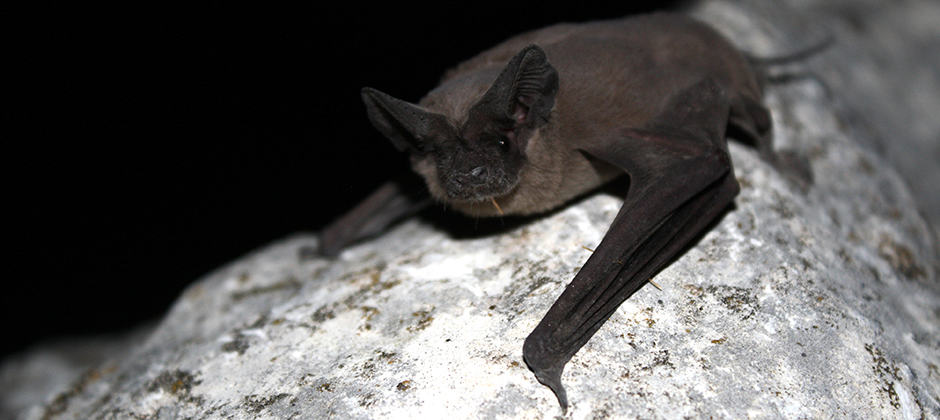
January 2, 2020
Bats are resilient to megafires in the West
As burning from lightning-caused wildfires intensifies in the West, researchers were surprised to find that a number of bats are adapting well to the changes. “We were interested in how...
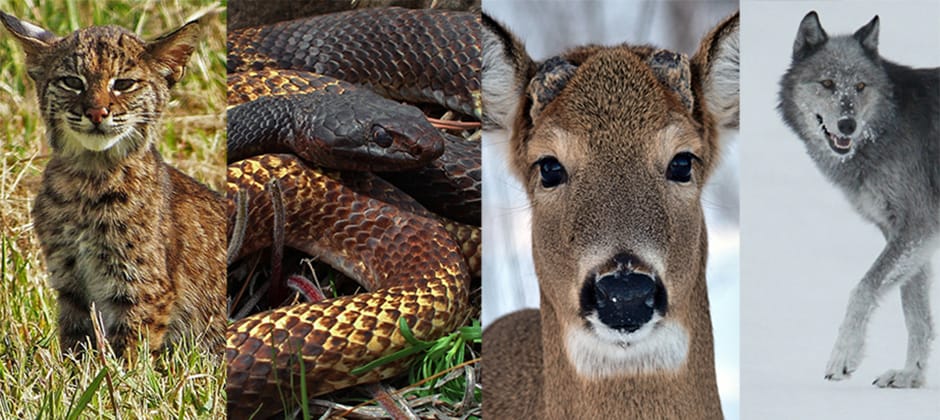
December 31, 2019
Tied-up snakes to targeted reindeer: Our top stories of 2019
Confusion between lynx and bobcats, snakes tied into knots and wildlife diseases affecting deer, frogs and turtles reached the forefront of reader interest in 2019 at The Wildlife Society. As...
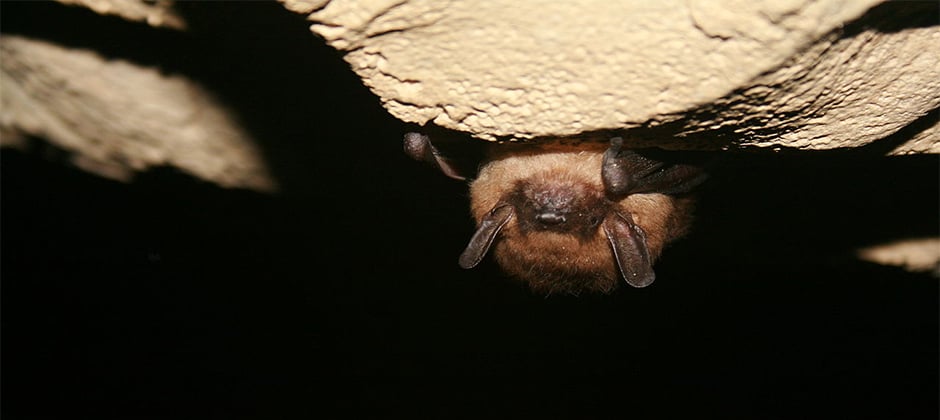
December 30, 2019
As white-nose kills some bats, others expand their diets
Big brown bats may be taking over the ecological food niche of little brown bats due to the latter’s greater susceptibility to a deadly fungal pathogen. “We’ve gone from a...
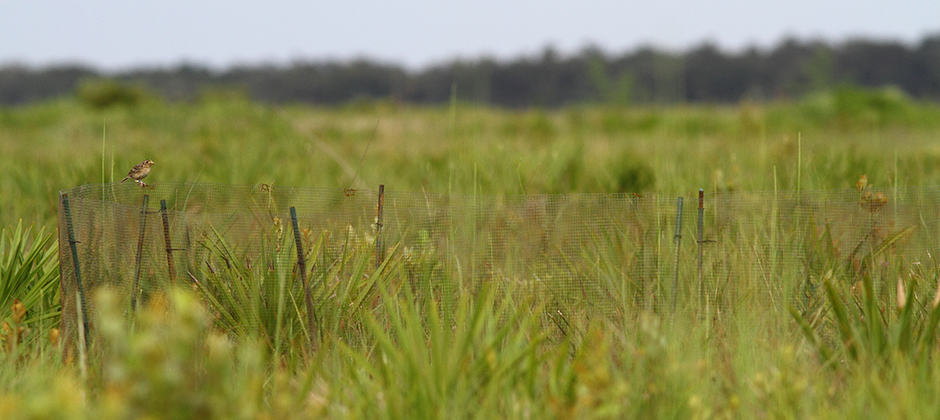
December 30, 2019
Fences keep predators from grasshopper sparrow nests
Small fences are keeping predators away from endangered songbird nests in Florida, buying the birds precious time while wildlife managers organize a larger landscape-wide conservation plan. “Reducing the predation by...
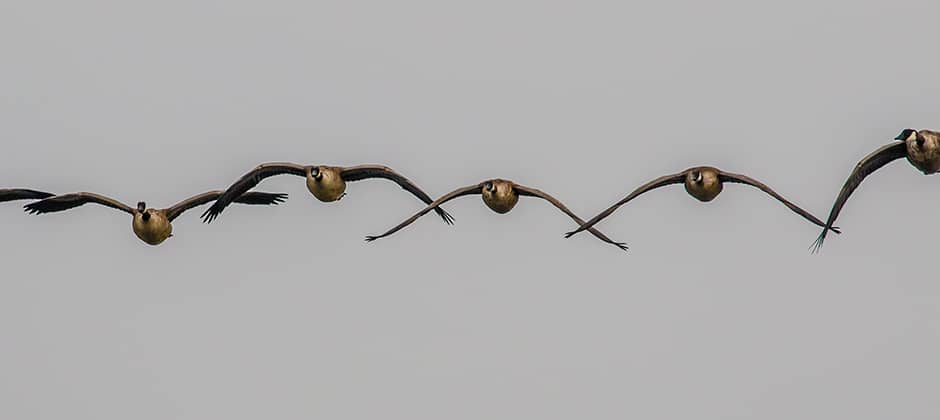
December 27, 2019
Geese pose danger at Chicago airport
Given the dangers that wildlife can pose to aviation, federal recommendations suggests a buffer zone around runways free of things can could attract animals. But at Midway Airport in Chicago,...

